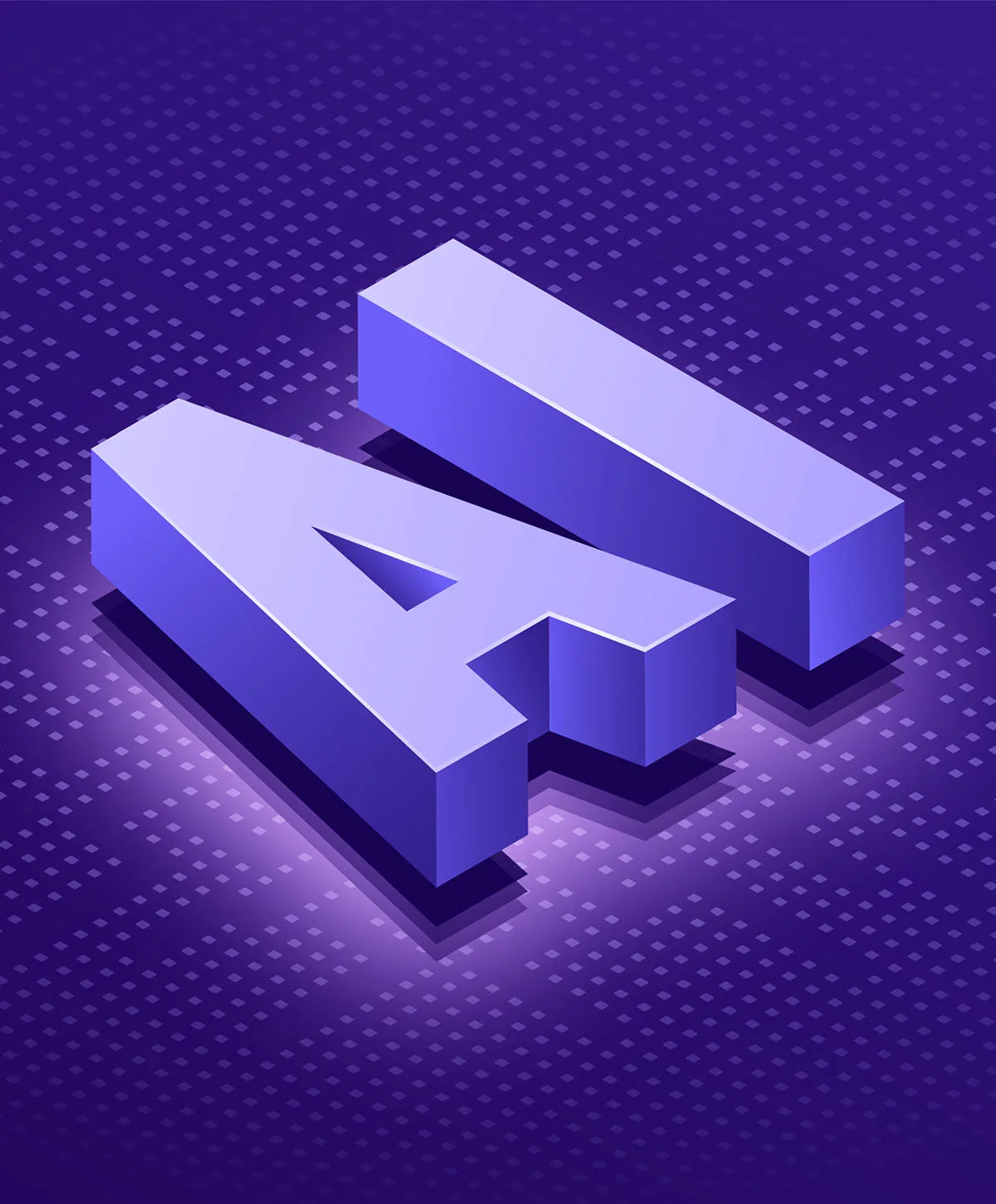Be the first to know
Sign up for a weekly dose of tech hiring news and updates.
The era of artificial intelligence is upon us, and it’s rapidly transforming the tech hiring landscape. In fact, a recent Github survey found that over 90% of US developers are already using these tools, and another survey suggested that adoption rates exceed 50%.
The widespread adoption of generative AI is not just exciting, but also indicative of a significant paradigm shift in tech hiring. In our recent webinar, Paradigm Shifts in Tech Hiring: Embracing the AI Era, our experts discussed the paradigm shifts and challenges that come with embracing AI in the hiring process. Here are the key takeaways from this enlightening discussion:
1. Positive Aspects of Adoption of AI
The adoption of generative AI tools offers several positive outcomes. For developers, it can lead to increased productivity and improved job satisfaction. These tools allow developers to stay in the flow and minimize distractions. Moreover, the rapid adoption has led to the emergence of new startups and companies aiming to solve various industry problems using AI.
“The widespread adoption of these tools is exciting, fostering innovation, improving job satisfaction, and equipping engineers to be more productive in both their personal projects and day-to-day roles.” – Andrew Jones, Principal Engineer, Admiral Group Plc
2. Concerns and Challenges of Artificial Intelligence
While the adoption of generative AI tools brings immense potential, it’s not without its challenges and concerns – particularly when it comes to the ethical concerns around diversity, bias, and data privacy. AI models trained on biased data can perpetuate biases, making it challenging to ensure complete bias elimination.
Data privacy is another significant concern. These AI systems require large datasets, which can raise privacy issues when handling personal data. Ensuring the effectiveness and validity of AI tools is vital, but they may not be regulated as strictly as bias and data privacy.
“Ethical concerns in AI today revolve around bias in data and the difficulty of achieving bias-free AI. Just as bias is an ongoing challenge, data privacy, and tool effectiveness are also key considerations. The goal of AI should be to support humanity and enhance our individual and collective capabilities.” – Eric Sydell, Ph.D., Co-founder and CEO, Vero AI
Furthermore, there is a growing concern about the increasing role of AI in decision-making, potentially leading to a loss of control over certain aspects of life. It’s crucial that engineers using these tools understand the implications, particularly concerning security and industry regulations.
3. Embracing AI Tools in Tech Hiring
In a world where technology is evolving at breakneck speed, it’s essential to embrace AI tools in tech hiring ethically. The discussion highlighted the need to incorporate these tools while being aware of the potential issues and challenges they bring. The focus should be on leveraging AI alongside human capabilities, rather than seeing it as a replacement.
Can Generative AI Help Us Unlock the World’s Engineering Potential?
4. New Skill Sets and Collaboration with AI
The integration of AI tools into the software engineering workflow is leading to a shift in skill requirements. While technical coding skills remain essential, other skills such as teamwork, agility, resilience, self-motivation, and the ability to collaborate with AI are becoming increasingly important. This involves effectively instructing AI, interpreting AI-generated code, and being open to AI suggestions to maximize productivity and code efficiency.
5. Evolving Job Roles
Software engineering job roles are becoming more holistic, emphasizing a broader set of skills and collaboration with AI as an essential aspect.
“If the need to write code becomes reduced in terms of the percentage of time that a software engineer spends on those tasks on a typical week, then there’s a broader set of skills that become increasingly more important. For example, uniquely human problem-solving skills, such as designing and solving complex scenarios, system architecture, and more, will be the ones that differentiate high-performing engineers from their counterparts.” – James Meaden, M.A., Assessment Scientist, Codility
Want to Learn More about Embracing the Future of AI?
The evolving landscape of tech hiring in the AI era is a dynamic and transformative time, and adaptability and a broader skill set are becoming increasingly important for professionals in the field.
If you’re ready to dive deeper into these topics (and more!), we invite you to watch our on-demand webinar for more valuable insights and strategies.
